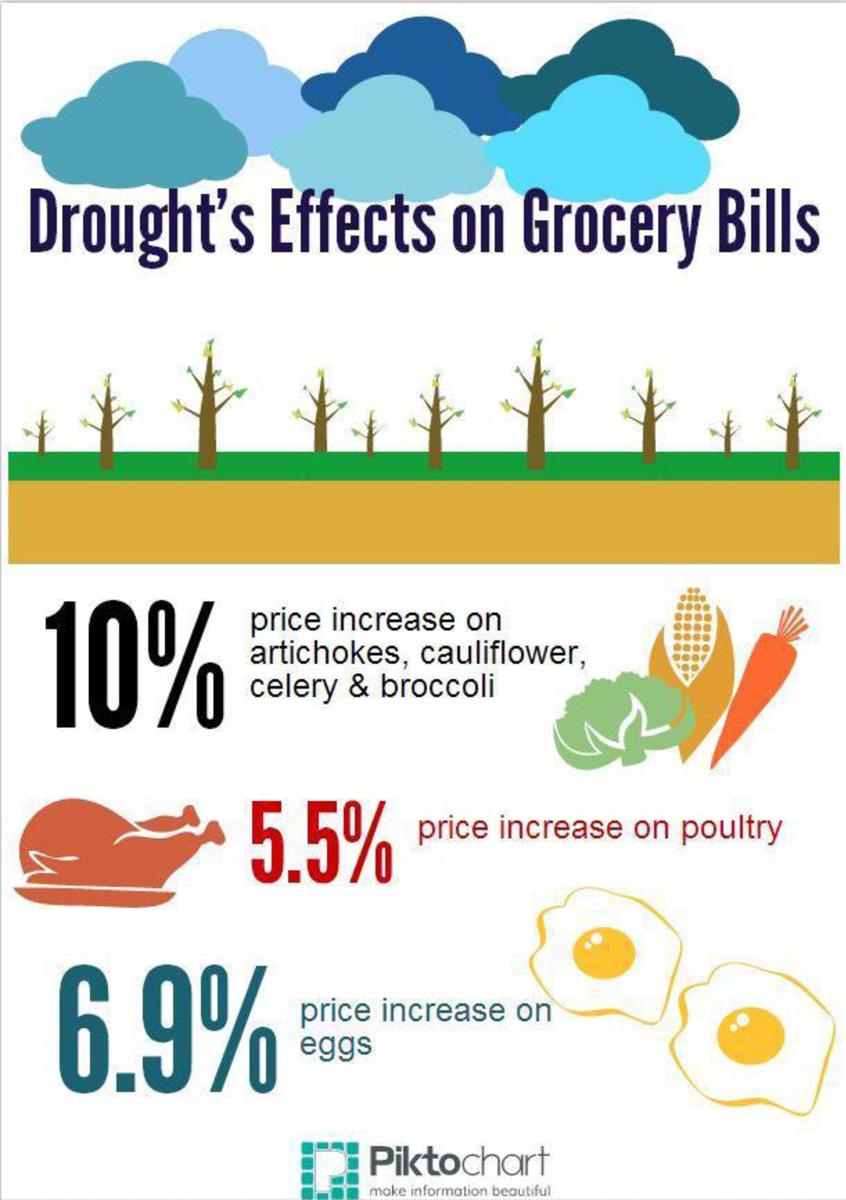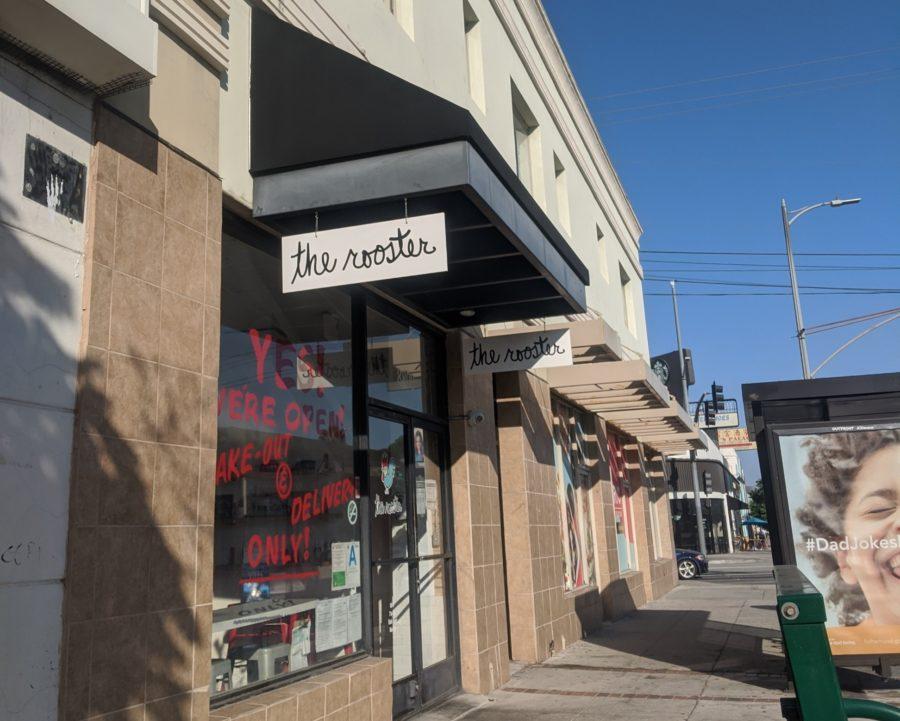Dani Klemes, web editor-in-chief.
Despite recent rainfall that may have raised the hopes of Californians, the current drought is nowhere near remission. Since California Gov. Jerry Brown’s drought declaration on Jan. 17, several measures have been taken to adjust residents to current conditions.
President Barack Obama will visit Fresno this Friday to discuss federal efforts to handle the drought. Prefacing this, California Sens. Dianne Feinstein and Barbara Boxer teamed up with Oregon Sens. Ron Wyden and Jeff Merkley yesterday to issue Democratic legislation.
According to House legislation which was passed last week and greatly influenced by Central Valley Republicans, water is to be reallocated from the San Joaquin River to Central Valley farms, breaching salmon and endangered smelt protection.
In an effort to comply with the Endangered Species Act, Feinstein and fellow senators are sponsoring a bill which would, once in effect, apportion approximately $300 million for relief projects. The bill received immediate support from the California Farm Bureau Federation. In an article from recordnet.com, state Farm Bureau President Paul Wegner claimed that the federation “hopes the House and Senate can work together to craft a bipartisan solution that will both help with immediate water challenges and address the long-term need for additional water storage.”
Aside from the political tension prevalent, a pressing (and widely speculated) issue is the direct consequence the water shortage will have for grocery shoppers. Considered California’s “greatest food resource” by The New York Times, Central Valley produces roughly 8 percent of America’s agricultural output and accounts for $43.5 billion of America’s farming industry (according to a USDA National Agricultural Statistics Service report from 2011).
As reported by MarketWatch, consumers may soon face higher beef and milk prices in addition to increased prices on other commodities including nuts, wheat and certain fruits and vegetables. Though field crops are facing similarly negative circumstances, plants from vines and trees are in the most danger, for they require year-round maintenance.
Potentially, the affected produce may suffer for multiple harvesting seasons and will need ample time to replenish. This year, approximately 500,000 acres of land will go uncultivated, according to Mike Wade, the Executive Director of the California Farm Water Coalition, in an AG Professional article.
As for Central Valley, deemed by MarketWatch as the “supermarket to the world,” it will take 15 to 36 inches of rainfall to bring one of the worst droughts in state history to an end.



































